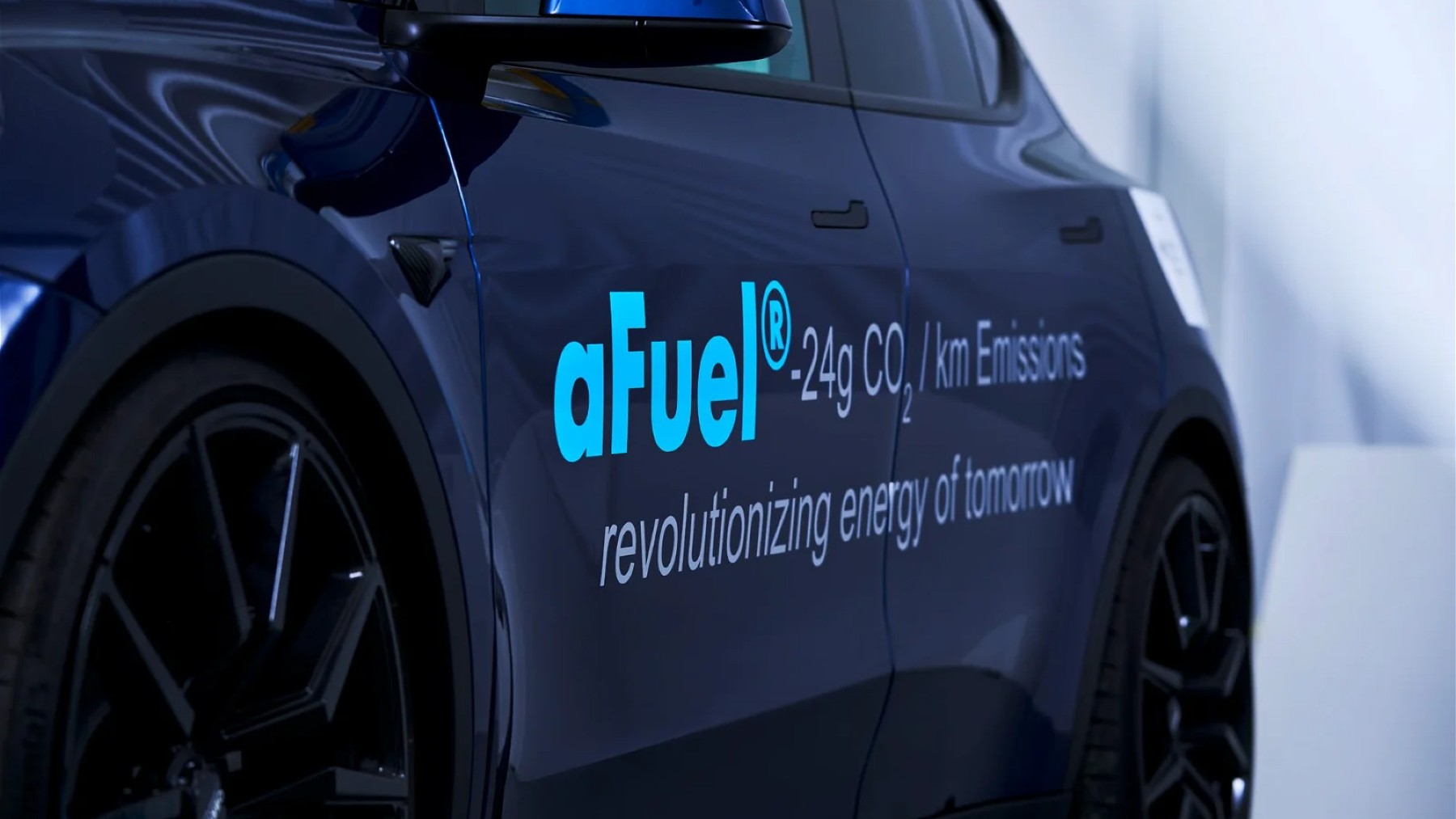The Methanol Revolution: Tesla's HyperHybrid and the Future of Fuel Innovation
Key Ideas
- Tesla's collaboration with Obrist has introduced the 'HyperHybrid,' a Model Y powered by a methanol engine and a small battery, showcasing a unique and carbon-negative approach to transportation.
- Methanol offers a promising alternative to hydrogen fuel cells, providing a more cost-effective, practical, and environmentally friendly solution that utilizes existing infrastructure like fuel stations and transport channels.
- The concept of producing methanol from captured CO2, combined with solar-powered CO2 capture plants proposed by Obrist, presents a renewable and climate-positive fuel cycle that could revolutionize the automotive industry.
- The shift towards methanol represents a practical step towards a sustainable future in the automotive sector, supporting global efforts to reduce greenhouse gas emissions and combat climate change while offering ease of use and global marketability.
The recent unveiling of Tesla's 'HyperHybrid,' a Model Y powered by a methanol engine and a reduced battery in collaboration with Obrist, has sparked interest in an innovative fuel system alternative to hydrogen and traditional large-capacity batteries. The unique prototype aims at achieving carbon-negative transport by taking in more CO2 than it emits, thanks to the utilization of methanol produced from captured atmospheric CO2.
Elon Musk's criticism of hydrogen technology, referring to it as 'staggeringly dumb,' aligns with Tesla's exploration of methanol as a viable and more practical option. Methanol's advantages include its easy regulation, utilization of existing infrastructure, such as fuel stations, and the potential to transform CO2 into a portable and combustible form, contributing to a climate-positive vehicle.
Obrist's vision of setting up solar-powered CO2 capture plants in regions like the Sahara to produce methanol presents a revolutionary approach to fuel production, with the potential to sequester and remove CO2 from the atmosphere while facilitating easy transportation through existing pipelines and fueling stations.
The shift towards methanol signifies a significant step towards a sustainable automotive industry, offering a cost-effective and environmentally friendly alternative that aligns with global targets on CO2 emissions and climate change adaptation. The collaboration between Obrist and Tesla not only introduces a new technology but also paves the way for a green revolution in transportation, highlighting the potential of methanol to lead to a more sustainable and cleaner future.
Topics
Fuel Cells
Climate Change
Innovation
Sustainability
Energy Transition
Green Technology
Transportation
Automotive
Carbon Neutral
Latest News
